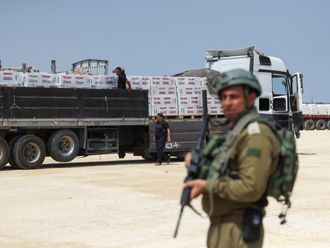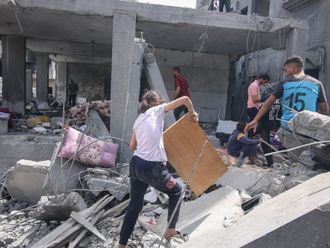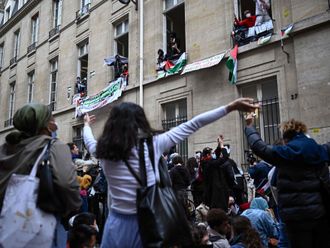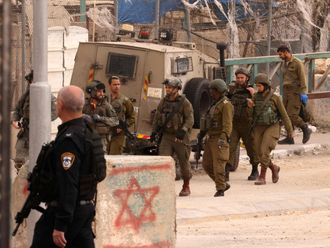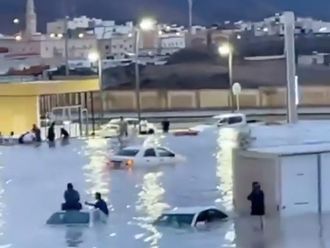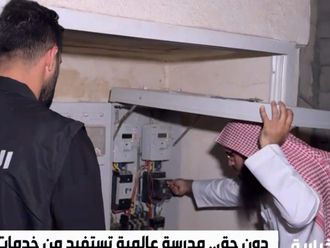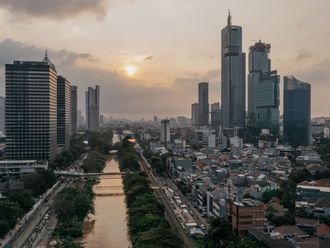Khartoum: Sudan's former prime minister Sadiq Al Al Mahdi was released from custody on Sunday, one month after state security agents detained him in a case that sparked concern from Western governments.
An AFP reporter saw a smiling Al Mahdi, chief of the opposition Umma party, greeting about 200 noisy supporters at his headquarters in Khartoum's twin city of Omdurman.
Minutes earlier State Minister of Information Yassir Yousuf told AFP that Al Mahdi "has been released".
The National Intelligence and Security Service (NISS) arrested Al Mahdi on May 17 after he reportedly accused a counter-insurgency unit of abuses against civilians in the Darfur region.
Al Mahdi was charged with treason-related offences which can bring a death sentence upon conviction, but the status of those charges was not immediately clear on Sunday.
Yousuf said Al Mahdi was freed after his legal team appealed to the justice minister to exercise his authority to drop or suspend charges in a case.
Al Mahdi had reportedly accused the Rapid Support Forces (RSF), which are under the authority of NISS, of rape and other abuses of civilians in the Darfur region of western Sudan.
RSF commanders denied that their unit had raped, looted or committed arson.
After his arrest, Al Mahdi's party pulled out of talks with the ruling National Congress and other parties aimed at resolving the multiple crises gripping the impoverished, war-torn country.
In brief comments to supporters after his release, Al Mahdi did not specifically say whether Umma would rejoin the national dialogue.
President Omar Al Bashir appealed in January for dialogue and hinted at greater freedoms.
After that, a tenuous political opening occurred as parties rallied without interference from security forces, and reports on alleged official corruption flourished in local newspapers.
But analysts have said that, even if Bashir is serious about reform, his party is divided and the security service is opposed.
About one week after Al Mahdi's arrest, prosecutors banned journalists from reporting on the case.
A watchdog, Reporters Without Borders, warned of authorities' "increasingly repressive attitude to the media", despite government talk of greater freedoms in the country.
The United States and British embassies had expressed "deep concern" over Al Mahdi's arrest, while the European Union delegation in Khartoum called on all sides to back the national dialogue and to "abstain from acts and statements that might derail the process".
In early June, riot police broke up a protest by hundreds of youths demanding Al Mahdi's release and calling for the overthrow of the Islamist regime which took power in a coup that toppled Al Mahdi's government 25 years ago.
Al Mahdi, a political fixture since the 1960s, is now regarded with suspicion by many Sudanese, partly because one of his sons is a Bashir adviser and another is a relatively junior NISS officer.
Sadiq Al Al Mahdi is, however, also a religious leader revered by followers in his Ansar Al Islam movement, a key component of Umma.
Sadiq is a descendant of Sudan's legendary Islamic reformer known as the "Mahdi".


